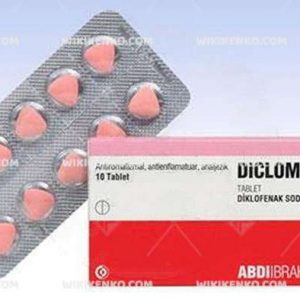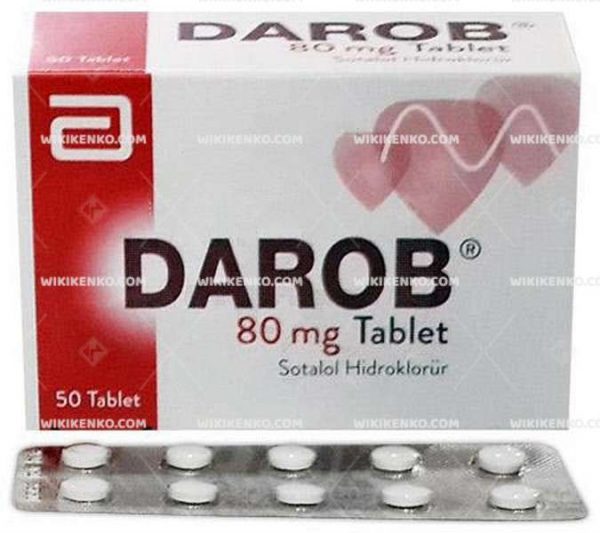Description
Diclomec SR operates as a formidable NSAID, designed to counteract pain and inflammation. The active ingredient at its core is diclofenac sodium, a potent agent that stands against discomfort arising from conditions like osteoarthritis, rheumatoid arthritis, and ankylosing spondylitis.
Dosage and Administration
A clear grasp of dosage and administration is essential for optimizing the benefits of Diclomec SR while minimizing any risks. Available in tablet form with varying strengths of 75mg and 100mg, the recommended daily starting dose typically ranges from 100mg to 150mg. However, for milder cases or prolonged treatment, a daily intake of 75mg to 100mg suffices. It’s crucial to consume the tablets whole with liquid, ideally after a meal to prevent any potential stomach discomfort.
Side Effects
Like all medications, Diclomec SR may entail certain side effects. Common ones include headaches, dizziness, indigestion, and stomach issues. Ensuring strict adherence to prescribed dosages and promptly informing your healthcare provider about any history of heart disease or stroke is crucial. Long-term use could lead to more serious complications like stomach bleeding and kidney problems.
Caution and Precaution
Prudence forms the cornerstone of responsible healthcare. For individuals with underlying heart conditions, engaging with Diclomec SR requires a cautious approach. Such patients are advised to work under the supervision of a healthcare professional, taking the lowest effective dose for the shortest possible time. Additionally, individuals with lactose allergies should consult their healthcare providers before embarking on it. It’s noteworthy that this medication is not suitable for children under 18 years of age.
Medication Interactions
Understanding how Diclomec SR interacts with other medications is essential for informed healthcare decisions:
- Interaction with Fellow NSAIDs: Combining Diclomec SR with other NSAIDs demands careful consideration, often requiring medical guidance. Notable NSAIDs include ibuprofen, naproxen, aspirin, and celecoxib.
- Interaction with Long-Clearance Drugs: Diclomec SR’s interaction with drugs with extended clearance times is intricate. This could result in altered levels in the body and potential side effects. Examples encompass anticoagulants, certain antibiotics, and diuretics.
- Potential for Heightened Diclomec SR Levels: Some medications have the potential to increase Diclomec SR levels in the body. These include antihypertensive drugs, specific diuretics, cyclosporine, and more.
A Conclusion
As a dependable contender in pain management, Diclomec SR’s ability to tackle inflammation and discomfort is evident. Adhering to prescribed dosages, vigilance in monitoring potential side effects, and engaging in informed conversations with healthcare professionals are vital components of a well-rounded approach to health. Always remember, your health deserves thoughtful care and guided insight
















Reviews
There are no reviews yet.